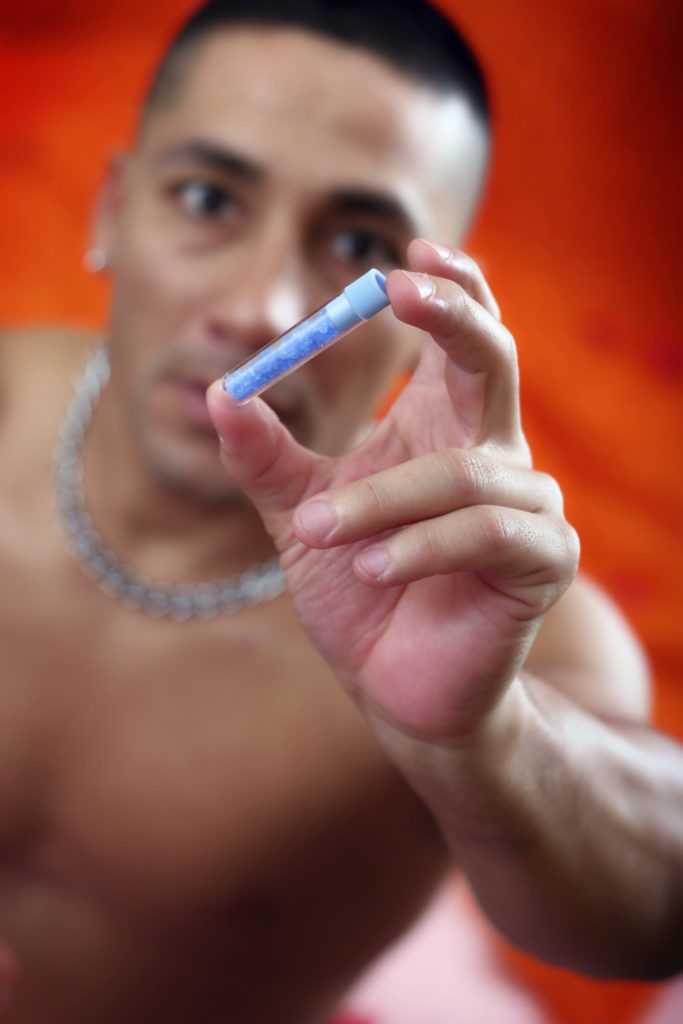Many of the challenges of recovery, like dealing with cravings, feeling stressed or overwhelmed, or knowing how to find support for your recovery, often seem too numerous for individuals to get started on their recovery journey. They may believe it’s too difficult. Or, maybe, it’s too difficult for me. Or, it was too difficult two years ago, so I’ll never be able to do it. Thoughts like these can be the downfall of your recovery journey before it even begins.
The word “recovery” is not as much a single large obstacle to overcome as it is a word for a series of lifestyle changes that deep down you know you’ve needed to make for a long time. Anyone who is beginning to gain some insight about their addiction will admit that substance misuse brings with it more problems than pleasures, more envy than peace. However, due to the changes in your brain, these lifestyle shifts bring with them feelings of boredom, the need to face trauma without familiar coping strategies, the possibility of relapse and perhaps a need to find purpose in your life. The transition out of rehab and rebuilding your life from the ground up can be immensely difficult challenges, among other things.
As you navigate this journey, it sounds like you may need some support. Unfortunately, addiction is not conducive to creating it. How can you find support for your recovery? Can you geo-cache for it? Get 2-day free shipping on friendship? No, unfortunately not. But, you can definitely hunt for the support you need and be successful, so long as you know where to look.
Use peer support services
Consider getting help from someone who has gone through the experience you are going through and has some specialized training but who will not diagnose you or provide therapy. Find someone who will encourage you to engage with your treatment plan, talk with you and help refocus you. It can be refreshing to connect with someone who can work with your therapeutic team at your level and who feels like an ally.
Consider a sober living house for your recovery
Long-term research has demonstrated that sober living homes decrease alcohol and drug use, decrease the arrest rate, improve psychiatric symptoms and improve the employment rate of residents. The knowledge that someone in your home is invested in whether or not you will remain abstinent can decrease the likelihood that you will engage in substance use. It’s essential to work with your treatment program to find the right one or see if they offer this as a part of their continuum of care.
Lean on friends and family for your recovery
The power of close relationships on our health cannot be denied. If you have healthy, non-addicted family or friend relationships that you can maintain during recovery, make sure you do so. Those who have seen you at your worst may be glad to go through the emotional process of healing so that they can get to the good stuff of having a complete, healthy relationship with you. Both family and friend relationships are essential to our overall health, and investing in these relationships is a must.
If reconnecting is difficult, try to set goals that include putting yourself in social situations with others in recovery. Remember: people are far more willing to be there for you than your fear will tell you they are. Make the phone call.
Another critical phone call is to your treatment center to see what resources they have for alumni. Here at The Right Step, with our treatment centers across Texas, we have an active alumni community and support network that we’d love to help get you connected. Even if you’re not an alumnus of our program and are at the very beginning of the recovery process, there is support available for you.
Call us today at 844-644-6665.






